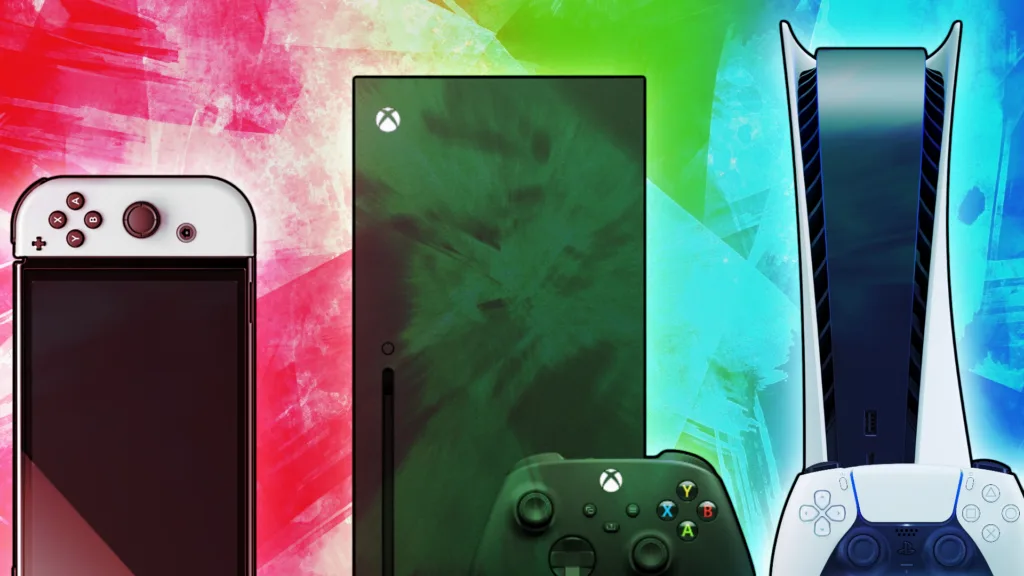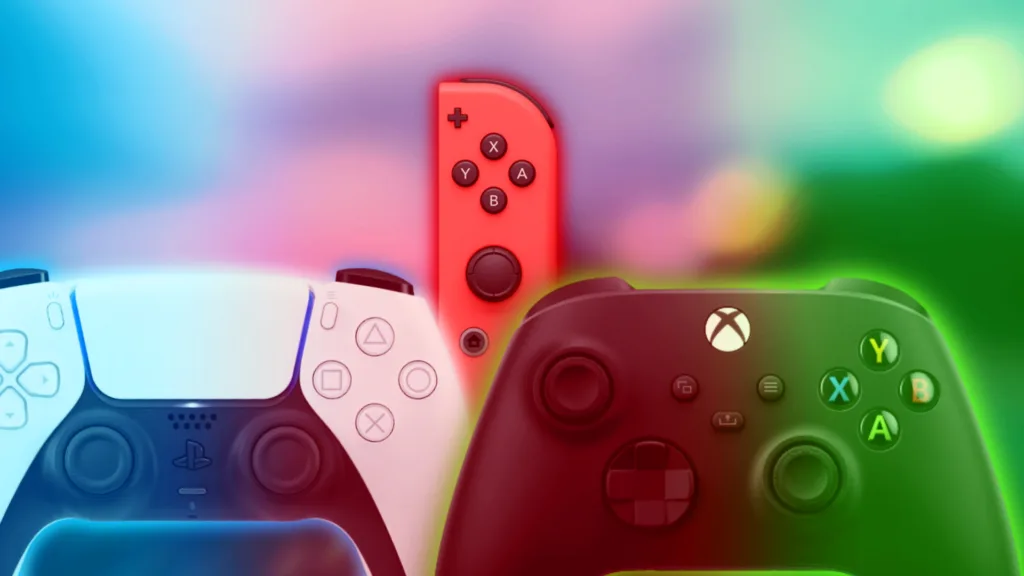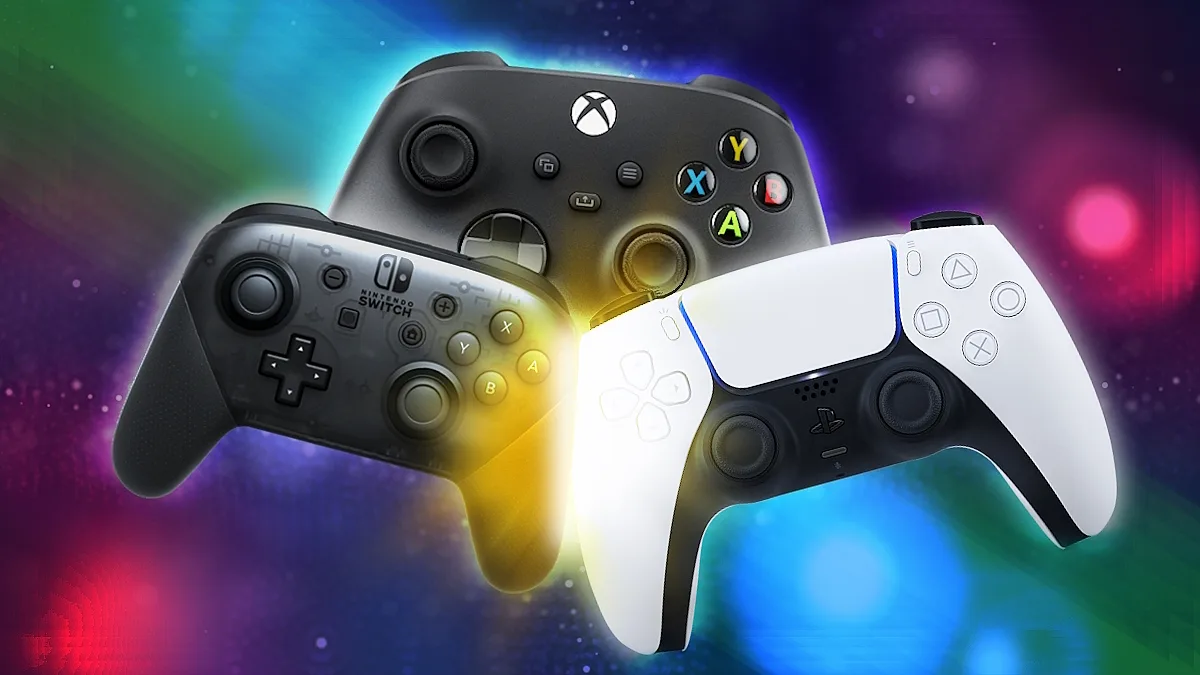There have been various reports from industry insiders about Microsoft allegedly taking a drastic new approach with its first-party Xbox games and that’s bringing them to PS5 and Switch consoles.
One source for the reports is from Tom Warren at The Verge, which itself has apparently gotten word that “a new multi-platform approach for certain Xbox games is emerging inside Microsoft”.
Sharing is caring
The Verge’s report goes onto say that Microsoft is weighing which games it’ll bring to other platforms like Switch and PS5 and which will remain fully exclusive to that of the Xbox ecosystem.
Key first-party Xbox games such as Microsoft Flight Simulator are what’s rumoured to be part of the new strategy, along with several other big names, including Starfield and even Halo. Really, the vast majority of recently-released and newly-revealed exclusives are being thrown around, suggesting that either Microsoft truly is taking a long and hard look at its portfolio, or the murky sources are simply throwing darts at the board.
These rumours began to heat up back in late January, but discourse has erupted into an inferno ever since February 4th as more and more major IPs are being added to the seemingly growing list of candidates.

The amount of different heads corroborating these reports, including notable names like The Verge with probable solid connections is something to take note of. As the old saying goes: “Where there’s smoke…”
“…there’s fire”?
Initially, this report was only based on rumours. But, as of February 5, 2024, Phil Spencer, the Head of Xbox, has finally released a statement via Twitter/X. This is, to an extent, a confirmation that something is indeed brewing:
Not only is this a rather cryptic statement from Mr. Spencer, we now also know that there will be an entire extra week of discourse from the gaming community theorizing as to what Microsoft has in store. It will thus be very interesting to see how the Xbox team addresses the very animated feedback it says it’s “listening” to.
That said, assuming for a moment that Microsoft truly is planning on going through fully with these apparent rumours, it is an interesting strategy to implement considering recent big moves.
Just months ago, its astronomically expensive deal to acquire Activision-Blizzard finally closed after a long list of legal battles, most notably with that of the FTC back in the summer of 2023. It was there that Microsoft argued the main reason why acquiring Activision-Blizzard and its properties was a “necessity” is due to the Xbox brand being in “last place” compared to the likes of PlayStation and Nintendo.
With that in mind, releasing even more games to its competition more or less undermines the argument it tried to make, as it would now essentially be a major supporter across both PlayStation and Nintendo systems.
As I highlighted in an article about Microsoft’s strategy post-acquisition, the company has essentially spent the last few years building “Xbox” out to be an all-encompassing brand in the gaming world, rather than just a line of home consoles. While allegedly transforming a considerable number of first-party exclusives to multi-platform releases would fit into such a strategy, this is not really a route most expected Microsoft to take until now.

While Microsoft clearly does have some first-party Xbox games like Minecraft that it doesn’t mind keeping multi-platform, heavy-hitters like Forza and Microsoft Flight Simulator have been seen as genuine exclusives meant to entice players to at least have some bit of loyalty to the Xbox ecosystem (or at least spend money within it.)
Thus, if such Xbox games do come to the likes of PS5 and Switch, it is true that Microsoft will ultimately be tapping into a large consumer base. But, any sort of newfound success in the long term is sure to come with great damage to the longevity of the Xbox hardware line both in the short term and moving forward.
Check out more content:
Nintendo Switch 2 rumoured to be an iterative $400 upgrade | Nacon Revolution X Pro Controller review — So, you wanna go pro? | Nacon Colorlight controller review — Budget brilliance




